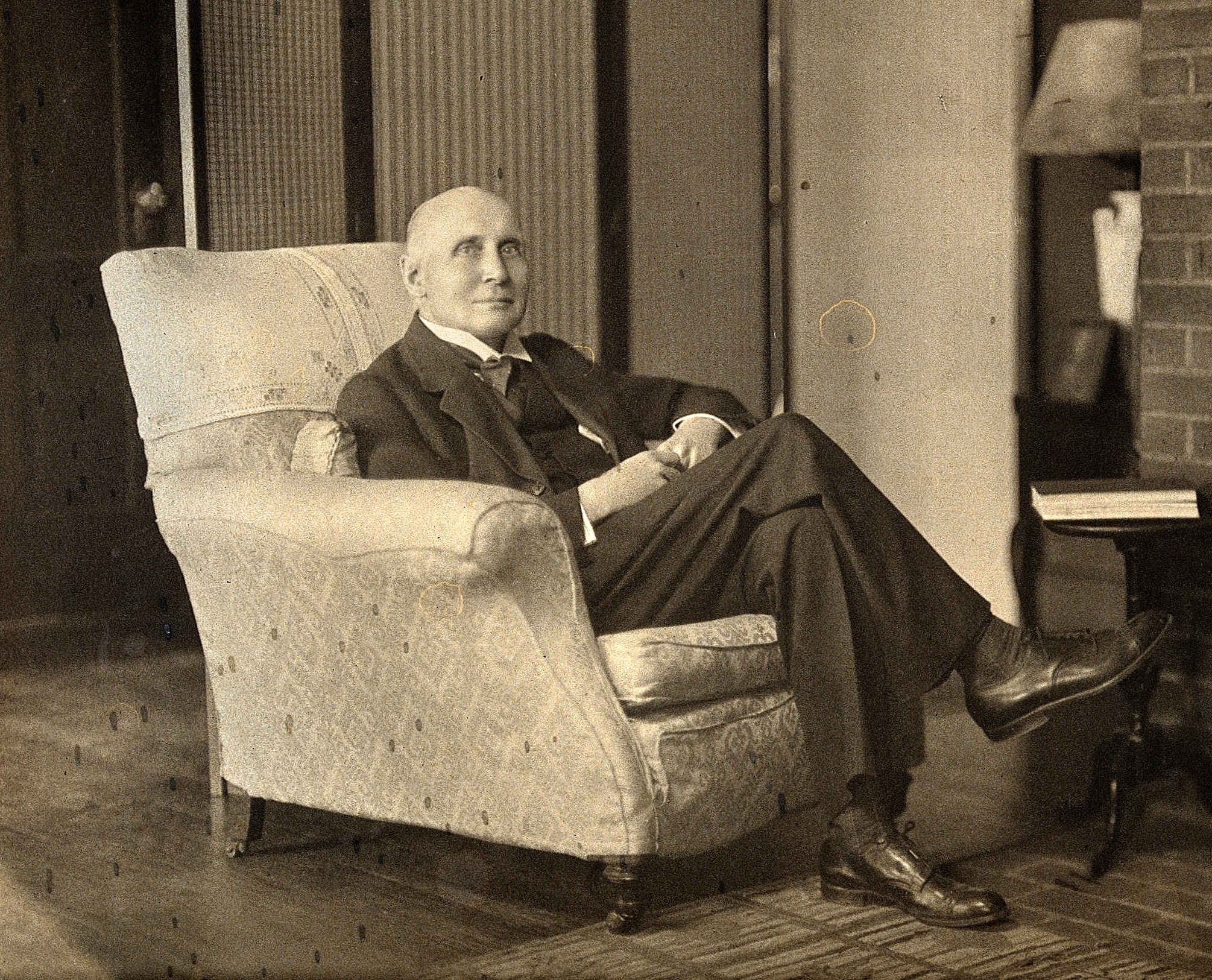Alfred North Whitehead Berühmte Zitate
„Wissen hält nicht länger als Fisch.“
Kapitel VII. Universitäten und ihre Funktion. In: Die Ziele von Erziehung und Bildung, und andere Essays. Deutsch von Christoph Kann und Dennis Sölch. Suhrkamp TB Wissenschaft 2012, S. 150 books.google https://books.google.de/books?id=NfA7CgAAQBAJ&pg=PA150&dq=fisch Original engl.: "Knowledge does not keep any better than fish." - VII. Universities and their Function. In: The Aims of Education and Other Essays (1929). The Free Press New York, p. 98 books.google https://books.google.de/books?id=WbXs-vyWPPgC&pg=PA98&dq=fish
Prozeß und Realität - (Process and Reality), Teil V, Kapitel 4
Original engl.: "The image—and it is but an image—the image under which this operative growth of God's nature is best conceived, is that of a tender care that nothing be lost."
„Die Hauptgefahr für die Philosophie ist Enge in der Auswahl des Anschauungsmaterials.“
Prozeß und Realität (Process and Reality), Teil V, Kapitel 1, Abschnitt 1
Original engl.: "The chief danger to philosophy is narrowness in the selection of evidence."
Prozeß und Realität (Process and Reality), Teil II, Kapitel 1, Abschnitt 1, S. 91
Oft zitiert als "Alle abendländische Philosophie ist als »Fußnote zu Platon« zu verstehen."
Original engl.: "The safest general characterization of the European philosophical tradition is that it consists of a series of footnotes to Plato."
„Jedes physische Objekt, das seine Umgebung durch eigenen Einfluß zerstört, begeht Selbstmord.“
Wissenschaft und moderne Welt
Alfred North Whitehead: Zitate auf Englisch
Quelle: Attributed from posthumous publications, Dialogues of Alfred North Whitehead (1954), Ch. 32, January 13, 1944.
Quelle: 1910s, An Introduction to Mathematics (1911), ch. 1.
Quelle: Attributed from posthumous publications, Dialogues of Alfred North Whitehead (1954), Ch. 22, August 30, 1941.
“A precise language awaits a completed metaphysics.”
1920s, Process and Reality: An Essay in Cosmology (1929)
Quelle: Attributed from posthumous publications, Dialogues of Alfred North Whitehead (1954), p. 66
Quelle: 1920s, Science and the Modern World (1925), Ch. 5: "The Romantic Reaction"
The Function of Reason (1929), Beacon Books, 1958, p. 16
1920s
“The English never abolish anything. They put it in cold storage.”
Quelle: Attributed from posthumous publications, Dialogues of Alfred North Whitehead (1954), Ch. 36, January 19, 1945.
1920s, Science and the Modern World (1925)
Quelle: Attributed from posthumous publications, Dialogues of Alfred North Whitehead (1954), Ch. 29, June 10, 1943.
“Intolerance is the besetting sin of moral fervour.”
Quelle: 1930s, Adventures of Ideas (1933), p. 63, Ch. 4 http://books.google.com/books?id=UZeJuLvNq80C&q="Intolerance+is+the+besetting+sin+of+moral+fervour"&pg=PA50#v=onepage
1920s, Process and Reality: An Essay in Cosmology (1929)
1910s, The Principles of Natural Knowledge (1919)
“No member of a crew is praised for the rugged individuality of his rowing.”
"Harvard: The Future," http://books.google.com/books?id=X3k5AQAAIAAJ&q=%22No+member+of+a+crew+is+praised+for+the+rugged+individuality+of+his+rowing%22&pg=PA266#v=onepage The Atlantic Monthly, September 1936 http://pqasb.pqarchiver.com/theatlantic/doc/203819851.html?FMT=CITE&FMTS=CITE&type=current&date=Sep+1936&author=Alfred+North+Whitehead&pub=The+Atlantic+(1932-1971)&edition=&startpage=260-270&desc=Harvard:+The+future
1930s
Pt. II, ch. 10, sec. 1.
1920s, Process and Reality: An Essay in Cosmology (1929)
Quelle: 1920s, Science and the Modern World (1925), Ch. 11: "God"
Quelle: Attributed from posthumous publications, Dialogues of Alfred North Whitehead (1954), Ch. 43, November 11, 1947.
1910s, The Principles of Natural Knowledge (1919)
“The deepest definition of youth is life as yet untouched by tragedy.”
Quelle: 1930s, Adventures of Ideas (1933), p. 285.
Pt. I, ch. 1, sec. 6.
1920s, Process and Reality: An Essay in Cosmology (1929)
“The deliberate aim at Peace very easily passes into its bastard substitute, Anesthesia.”
Quelle: 1930s, Adventures of Ideas (1933), p. 284.
“The chief danger to philosophy is narrowness in the selection of evidence.”
Pt. V, ch. 1, sec. 1.
1920s, Process and Reality: An Essay in Cosmology (1929)
“Life is an offensive, directed against the repetitious mechanism of the Universe.”
Quelle: 1930s, Adventures of Ideas (1933), p. 102.
Quelle: 1920s, Science and the Modern World (1925), Ch. 13: Requisites for Social Progress.
Symbolism: Its Meaning and Effect (1927), chapter 3, p. 88; final paragraph of the book.
1920s
“The greatest invention of the nineteenth century was the invention of the method of invention.”
Quelle: 1920s, Science and the Modern World (1925), Ch. 6: "The Nineteenth Century"
“Education is the acquisition of the art of the utilisation of knowledge.”
1920s, The Aims of Education (1929)
Quelle: 1930s, Adventures of Ideas (1933), p. 203.
